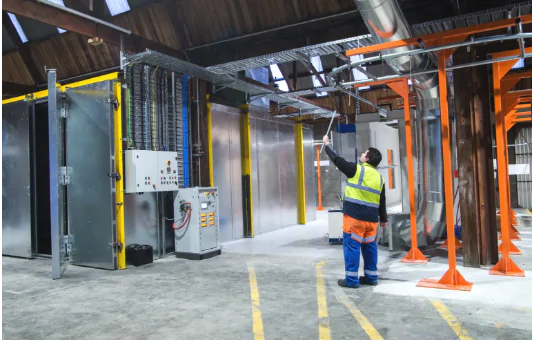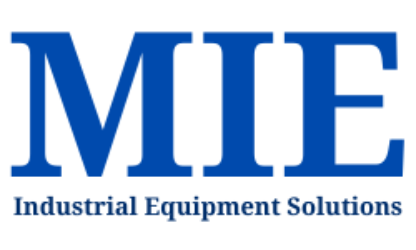2024 Industrial Equipment Industry Outlook: Economic Impact and Future Predictions: With their expertise in equipment manufacturing, industrial manufacturers play a critical role in meeting the demands of various sectors. From heavy machinery to precision tools, industrial equipment manufacturers contribute to the growth and efficiency of industrial operations.
The Role of Equipment
Modern economies are built on the production of industrial equipment, which drives sectors like automotive, energy, and construction in addition to agriculture and construction. This industry produces a wide range of machinery, from massive cranes to complex assembly line robots. Its significant economic influence propels international trade, technical advancement, and the development of jobs. This blog delves deeply into the complexities of this important sector, examining its place in the global economy, its problems, and its bright future.
The Economic Superpower
The industry that produces industrial equipment is the engine that drives the economy, not merely a cog in the wheel. It has a significant GDP contribution and influences much more than just its own business.
Employment Growth and Economic Multiplier Effect: The industry employs a large number of skilled workers in production, maintenance, engineering, and design. In addition to creating jobs directly, it promotes expansion in sectors like transportation, logistics, and component manufacturing.
International Trade and Competitiveness: Countries with robust industrial equipment sectors have an advantage over other countries in international trade. A large portion of their GDP comes from the export of sophisticated machinery. Japan, the US, Germany, and other countries are good instances of this tendency.
Infrastructure Development: From factories and power plants to highways and bridges, industrial equipment is necessary for the construction and upkeep of infrastructure. The expansion of this industry is inextricably related to the expansion of the global economy.
The State of the Industry: Leaders and Upstarts
The manufacturing of industrial equipment is a vibrant sector with a mix of creative SMEs and titans of industry.
Players in the lead: Well-known multinational companies with a broad range of goods and services include Caterpillar, Siemens, and Hitachi. Their financial strength and global reach allow them to make large R&D investments.
The Function of SMEs:Due to their tendency to focus on specialized goods or parts, smaller businesses are essential to the industry. They can quickly adjust to changes in the market and meet the individual needs of customers because to their agility and adaptability.
Complex Supply Chain: A global network of suppliers, distributors, and component manufacturers are involved in the manufacturing process. Supply chain management must be done well to guarantee quality, cost-effectiveness, and on-time delivery.
Overcoming Obstacles in a Complicated Sector
The industry that produces industrial equipment is not without difficulties. The main challenges facing businesses include supply chain interruptions, technological improvements, and sustainability demands.
Integration of Technology: The quick speed at which technology is changing necessitates ongoing investment in R&D. Automation, AI, and IoT are necessary for businesses to satisfy changing customer expectations and stay competitive.
Resilience of Supply Chains: The COVID-19 pandemic revealed weaknesses in international supply chains. Manufacturers are looking for strategies to lessen their dependency on a few key suppliers and diversify their supply base.
Sustainability Imperative: There is increasing pressure on the sector to lessen its environmental impact. Using renewable energy sources and cutting waste are two examples of sustainable manufacturing techniques that are quickly becoming essential.
Innovations and Trends: Creating the Future
Technological developments and shifting consumer demands are causing a revolution in the industrial equipment manufacturing industry.
Intelligent manufacturing and automation: Automation and robots are used to improve product quality, lower labor costs, and increase production efficiency. Industry 4.0 is changing the sector, emphasizing data-driven decision-making and connectivity.
Customization and Flexibility: Manufacturers are moving toward modular designs and adaptable manufacturing processes to satisfy a range of requirements as customers demand customized solutions.
Digital Twins and Predictive Maintenance: Manufacturers may foresee problems, minimize downtime, and maximize equipment performance by utilizing digital twins, which are virtual copies of physical assets.
A Positive Prognosis
The manufacturing of industrial equipment has a bright future ahead of it due to the need for efficient production systems in a variety of industries, growing demand for sustainable solutions, and ongoing technical improvements. Businesses that value sustainability, foster innovation, and invest in their employees will do well in this changing environment.
Notwithstanding ongoing difficulties, the industry’s capacity for change and adaptation guarantees its ongoing significance in influencing the world at large.

